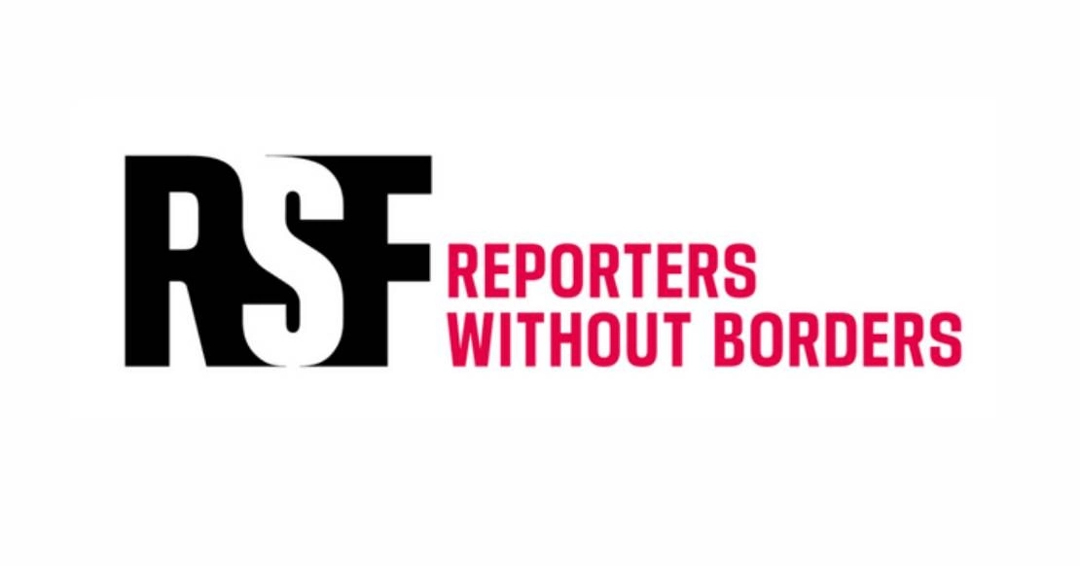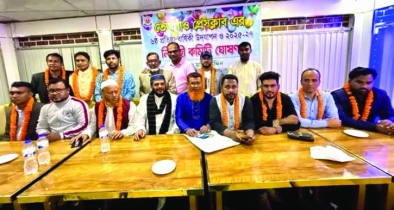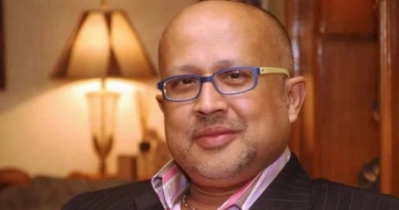Reporters Without Borders (RSF) on Tuesday urged the interim government to repeal repressive laws enacted by the recently ousted government and to dismiss baseless legal cases against journalists.
Two months after former Prime Minister Sheikh Hasina’s resignation, interim government chief adviser Muhammad Yunus is focusing on reforming Bangladesh’s institutions ahead of the election of a permanent government. According to RSF, dismantling 15 years of authoritarian policies established by the Awami League party requires prioritizing press freedom, which is fundamental to democracy.
RSF’s Director of Advocacy and Assistance, Antoine Bernard, emphasized the need for structural reforms to move away from the repressive actions of the previous government.
“We call on Muhammad Yunus’ government to act: end impunity for crimes against media professionals, drop the spurious charges brought by the former regime against journalists trapped in a vicious legal cycle, and repeal the cybersecurity law used to silence them.”
Bernard also stressed the urgency of halting the ongoing legal assaults on over 130 journalists facing baseless accusations.
“The five journalists currently detained without any prior investigation must be released, and their right to a fair trial must be upheld. The crimes against journalists during the August protests must be thoroughly investigated and subjected to judicial sanctions.”
RSF’s statement condemned the government of Prime Minister Hasina, whom they labeled as a “predator of press freedom,” for creating numerous barriers to journalistic work, including censorship, cyber harassment, military intelligence intimidation, legal persecution, violence from police and party militias, and even murder.
Under Hasina’s leadership, Bangladeshi journalists faced an array of harsh laws. Between 2018 and 2023, 97 journalists were arrested, and 255 prosecuted under the Digital Security Act, as noted in a report by the Centre for Governance Studies (CGS). Seven media professionals remain under unjust prosecution, with one sentenced in absentia.
RSF made several recommendations to Bangladesh’s interim government to restore press freedom:
• Prosecute those responsible for the murders of five journalists killed during the Monsoon Revolution (1 July - 6 August 2024), and those responsible for the violence that injured over 250 journalists. Adequate compensation should be provided to the injured and the families of the deceased.
• Drop the unjust prosecutions of journalists initiated by the previous government, including those under the Information and Communication Technology Act of 2006, the Digital Security Act of 2018, and the Cyber Security Act of 2023. At least seven media professionals are still awaiting trial due to these repressive laws. The government should also pardon exiled journalist Bashir Akon, who has been a victim of judicial harassment.
• Repeal the Cyber Security Act, the Digital Security Act, and the Information and Communication Technologies Act.
• Guarantee journalists the right to avoid arbitrary detention and prosecution, as well as their right to the presumption of innocence during legal proceedings.
RSF also called for expedited legal proceedings in unresolved cases involving murdered journalists, especially in the case of journalist couple Sagar Sarowar and Meherun Runi.







































